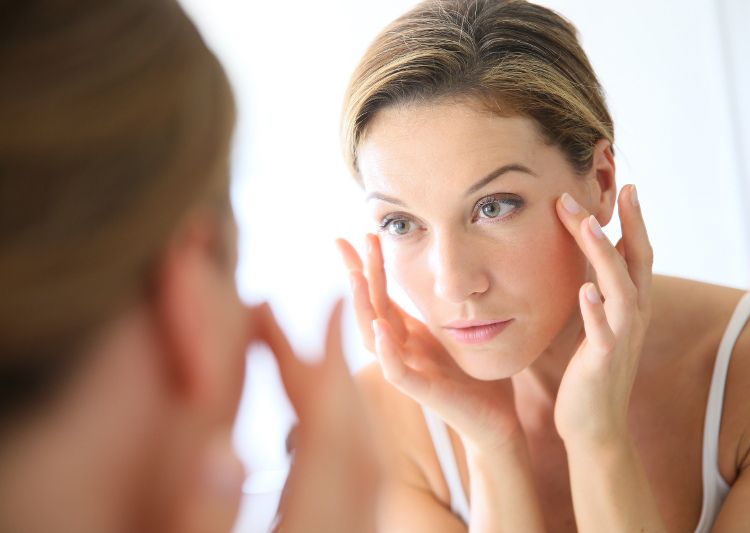Standardized black seed oil may support acne prone skin according to a recent study
The oil, standardized to 3% thymoquinone and less than 2% free fatty acids, was found to inhibit opportunistic pathogens associated with acne.
Photo © Shutterstock.com/goodluz

A recent study1 found that a proprietary black seed oil, marketed as B’utyQuin by TriNutra, supported the health of acnes prone skin better than non-standardized black seed oil. The oil, standardized to 3% thymoquinone and less than 2% free fatty acids, was found to inhibit opportunistic pathogens associated with acne, particularly Propionibacterium acnes, demonstrating the product’s ability to significantly impact the microbial growth of microorganism. By contrast, the non-standardized black seed oil was associated by an increase in Propionibacterium acnes. According to TriNutra, the standardized composition of its black seed oil effected sebum/fat production which is a primary food source of microorganisms associated with acne prone and oil skin.
“We are thrilled with the strong results demonstrating that B’utyQuin is a superior product with effective skin healing properties and potent antimicrobial effects,” said Liki von Oppen-Bezalel, PhD, business development director at TriNutra, in a press release. “This study lends additional support to earlier analysis of B’utyQuin and its positive skin health properties as a topical and oral supplement.”
Previously, B’utyQuin was found to demonstrate significant anti-microbial activity in vitro, and was able to relieve irritated, itchy, scaly skin and scalp, as well as seborrheic dermatitis.
Reference
- Oppen-Bezalel, L. von.; Jurenka, J.S. Superiority of a Standardized Black Seed Oil versus a Non-Standardized Black Seed Oil on Acne Mechanisms and Occurrence. SOFW Journal, November 2023. Accessed December 4, 2023. https://www.sofw.com/en/sofw-journal/articles-en/48-personal-care/4259-superiority-of-a-standardized-black-seed-oil-versus-a-non-standardized-black-seed-oil-on-acne-mechanisms-and-occurrence

.png&w=3840&q=75)

.png&w=3840&q=75)



.png&w=3840&q=75)



.png&w=3840&q=75)









